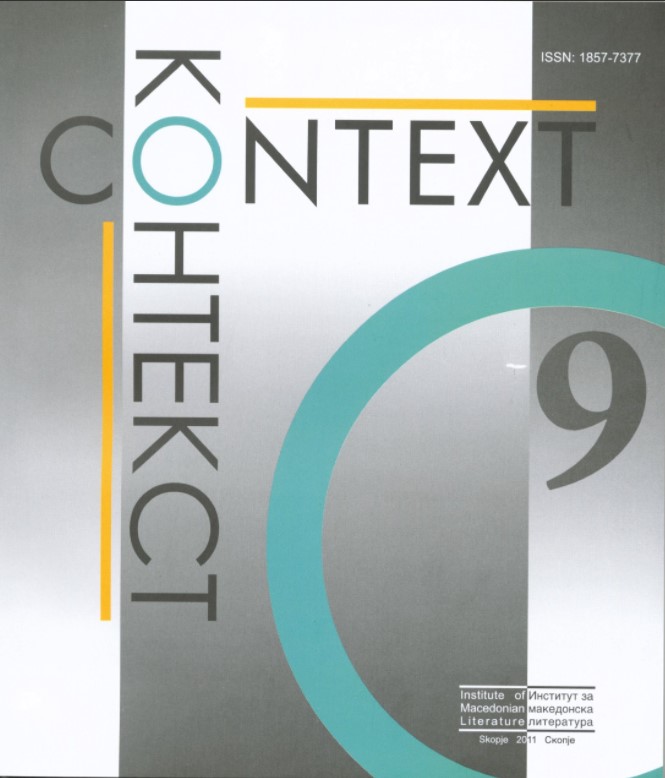ШТО Е ТОА НЕОСТРУКТУРАЛИЗАМ?
What is Neostructuralism? Derrida’s Principal Linguistic-Philosophic Function when Exiting Classical Structuralism
Author(s): Manfred FrankSubject(s): Social Philosophy, Philosophy of Language, Philosophy of History
Published by: Институт за македонска литература
Keywords: classical structuralism; system; deconstruction; neostructuralism; structure
Summary/Abstract: Manfred Frank, in this study, attempts to represent Derrida’s principal linguistic-philosophical thought construction, which he terms (as early as 1980), most aptly “neostructuralism”. Derrida’s Neostructuralism – terminologically speaking, it emphasizes its novelty vis-à-vis structuralism – questions the basic premise of classical structuralism, according to which the meaning of signs (as signifiers of the linguistic articulations) is created through the binary oppositions of the sign’s carriers within the frameworks of a closed system. No longer speaking of a ‘system’, rather now referring to a ‘structure’, Derrida emancipates the differentiality of the signs from the closedness of the oppositions, since the differentiations are created in a space with open frames – marge. Henceforth, Derrida concludes that the limits of the semantic identity of a term are functions of the open system of the permanently new differentiations. Therefore signs are recognized as always new articulations of other and former signs, much like texts are the transformations of other and former texts. That means that the differentiation of the signs does not take place between the signs, rather in the internality of each individual signs separately. The meaning thus created, of each sign, depicts the unclear open field of the system, due to which the meaning of each sign cannot any longer be controlled inside the system (linguistic, sign-related, grammatical) itself. Consequently, the question about identity emerges, rather about the consciousness of the speaking subject. Frank points out the consequences of this thought construction of Derrida’s, which in the long run rebound also onto his unsustainable and wrongful approach (and model, as taken over from Husserl) about the deconstruction of the unity of the consciousness about itself.
Journal: Context/Контекст
- Issue Year: 2011
- Issue No: 9
- Page Range: 129-148
- Page Count: 20
- Language: Macedonian

